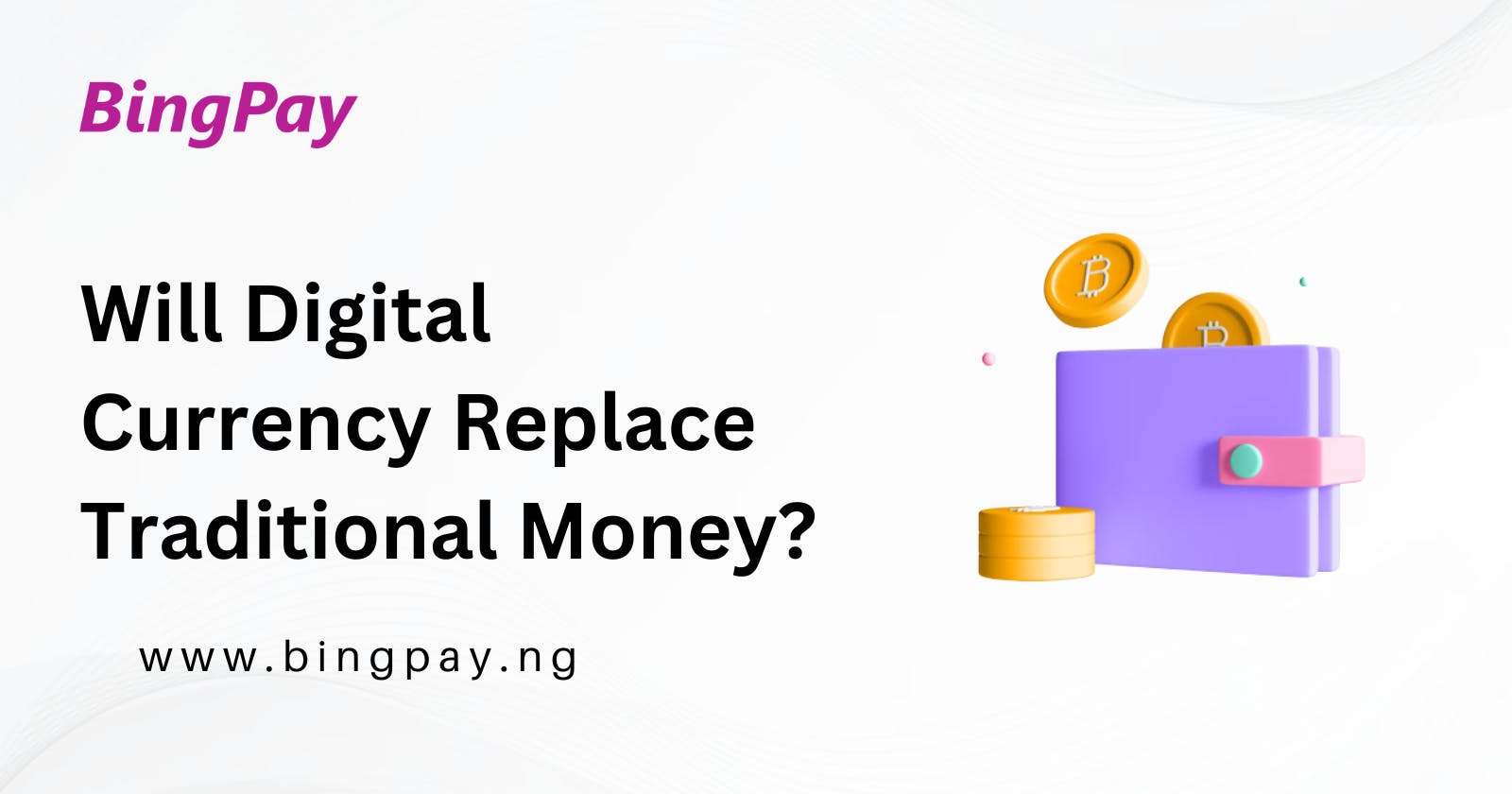The digital currency has been around for over two decades, but it has only been in recent years that it has gained widespread attention. Bitcoin, the first and most well-known cryptocurrency, was created in 2009, and since then, there have been hundreds of other cryptocurrencies launched.
Digital currencies offer several advantages over traditional fiat currencies, such as:
Immutability: Digital currencies are stored on a blockchain, which is a secure and tamper-proof ledger. This means that digital currencies cannot be counterfeited or double-spent.
Transparency: All transactions on the blockchain are public, which makes it difficult to launder money or commit fraud.
Speed: Digital currencies can be transferred quickly and easily, anywhere in the world.
Cost-effectiveness: The cost of sending and receiving digital currencies is very low.
These advantages have led to growing interest in digital currencies as a potential replacement for traditional fiat currencies. However, some challenges need to be addressed before digital currencies can become mainstream.
One challenge is the volatility of digital currencies. The price of Bitcoin, for example, has fluctuated wildly over the past few years. This makes it difficult to use digital currencies as a store of value.
Another challenge is the lack of regulation. Currently, there is no clear regulatory framework for digital currencies in most countries. This could make it difficult for businesses to accept digital currencies as payment.
Despite these challenges, there is a growing consensus that digital currencies will play a major role in the future of money. Central banks around the world are exploring the possibility of issuing their own digital currencies, and businesses are starting to accept digital currencies as payment.
It is still too early to say whether digital currencies will completely replace traditional fiat currencies. However, it is clear that digital currencies are here to stay and will have a significant impact on the way we think about money.
Here are some of the key factors that will determine whether digital currency replaces traditional money:
The level of adoption by businesses and consumers: If businesses and consumers start to widely adopt digital currency, it will become more convenient and easier to use. This will make it more likely that people will switch to digital currency.
The stability of the price of digital currency: Thanks to cryptocurrencies like USDT and USDC. If the price of digital currency becomes more stable, it will be more attractive as a store of value. This will make it more likely that people will use digital currency to save money.
The development of regulation: If governments develop clear regulations for digital currency, it will make it more appealing to businesses and consumers. This will also help to reduce the risk of fraud and other criminal activity.
If these factors are favorable, it is possible that digital currency could replace traditional money in the future. However, it is important to remember that digital currency is still a relatively new technology, and there is still a lot of uncertainty about its future.
